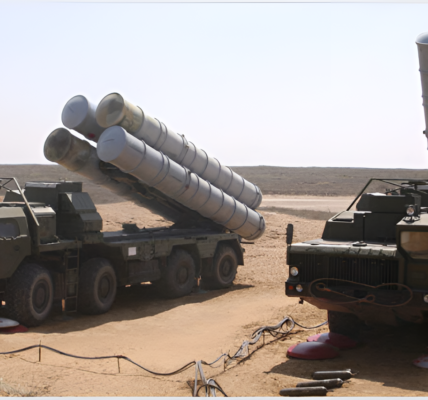
Joseph Conrad’s Heart of Darkness is a compelling and unsettling exploration of colonialism, human nature, and the devastating effects of unchecked power. Though its portrayal of Africans and its colonial themes have sparked controversy, particularly in light of recent racial justice movements, the novella remains an essential text for military leaders and policymakers today. Its moral and ethical dilemmas resonate with those navigating the complexities of military operations, especially in foreign lands.
Conrad’s firsthand experiences as a merchant mariner in the late 19th century exposed him to the harsh realities of European colonialism, which form the backdrop of Heart of Darkness. The novella follows Charles Marlow, a sailor who recounts his journey up the Congo River to find Mr. Kurtz, an ivory trader whose descent into madness reveals the darker side of European imperialism. Through Marlow’s eyes, readers witness the brutality and exploitation of native Africans, who are depicted as shadows and savages, serving as mere props in the larger narrative of Western civilization. Yet, despite the problematic portrayal of Africa and its people, Conrad presents a powerful critique of colonialism and the moral decay it engenders.
While Conrad’s depictions of Africa have been fiercely criticized by postcolonial writers like Chinua Achebe, who accused him of racism, Heart of Darkness’s portrayal of European civilization’s flaws offers crucial lessons for military professionals. In particular, the novella raises questions about the moral and ethical challenges of foreign interventions, the danger of unchecked power, and the capacity for brutality within human nature—issues that military leaders often face in war zones.
The story’s main character, Kurtz, represents the tragic fall of an idealistic European who, exposed to the extremes of colonial exploitation, loses his moral compass. In his final moments, Kurtz utters, “The horror, the horror,” an acknowledgment of the horrors of colonialism, but also of the savagery within all humans, a theme that resonates with contemporary military leaders who confront the potential for atrocities in war.
The events of Heart of Darkness provide valuable lessons for understanding the ethical and moral challenges faced by military personnel operating in hostile environments. The novella raises the question: What happens when soldiers are placed in morally ambiguous situations, with few checks on their power? The brutalities committed at places like My Lai, Abu Ghraib, and Bagram show that the conditions of warfare can push even the most well-intentioned individuals toward moral breakdowns, much like Kurtz’s descent into madness.
Heart of Darkness also challenges military leaders to think critically about the purpose of foreign interventions. Conrad critiques the European justification for colonization, which was often framed as a civilizing mission. In the modern context, military operations are sometimes framed as efforts to bring democracy, stability, and human rights to foreign lands. Yet, as Conrad illustrates, such idealism can mask the exploitation and destruction that often accompany foreign interventions. Military leaders must ask themselves: Are they serving a noble cause, or are they simply perpetuating another form of exploitation?
The novella’s relevance extends beyond its critique of colonialism. It serves as a cautionary tale about the dangers of placing military personnel in environments that erode their humanity. The psychological toll of war, the temptation to abuse power, and the moral compromises that result from prolonged exposure to violence are all explored through Kurtz’s character. For military leaders, Heart of Darkness offers a powerful reminder of the importance of maintaining moral clarity in the face of adversity, and the necessity of ethical leadership to prevent soldiers from losing their way.
In conclusion, while Heart of Darkness is undeniably a product of its time, its themes remain profoundly relevant for military leaders today. The novella’s exploration of the corrupting influence of power, the fragility of civilization, and the darkness within us all offers valuable insights for those who face the moral and ethical challenges of modern warfare. Military leaders should read or reread Conrad’s work not only for its historical and literary value but also for its enduring lessons on the human capacity for both cruelty and compassion in times of war.



